
This edition published in 2020 by:
The Rosen Publishing Group, Inc.
29 East 21st Street
New York, NY 10010
First Edition
All rights reserved. No part of this book may be reproduced in any form without permission in writing from the publisher, except by a reviewer.
Cataloging-in-Publication Data
Names: Rosen, Michael. | Young, Annemarie.
Title: Understanding right and wrong / Michael Rosen and Annemarie Young.
Description: New York: Rosen Central, 2020. | Series: Social justice handbook | Includes glossary and index.
Identifiers: ISBN 9781725346864 (pbk.) | ISBN 9781725346871 (library bound)
Subjects: LCSH: EthicsJuvenile literature. | Right and wrongJuvenile literature. | ValuesJuvenile literature. | Decision makingMoral and ethical aspectsJuvenile literature. Right and wrongJuvenile literature.
Classification: LCC BJ1012.R67 2019 | DDC 170dc23
Manufactured in the United States of America
Copyright 2020 Wayland, a division of Hachette Childrens Group
Editor: Nicola Edwards
Designer: Rocket Design [East Anglia] Ltd
Artwork by Oli Frape
Picture acknowledgements:
Cover photo: Ariel Skelley / iStock / Getty Images Plus. Cover design element: CS Stock / Shutterstock; .
Contents
What Is This Book About?
E very day we make decisions that are underpinned by our ideas of what is right and wrong. But where do these ideas come from? Where do our values come from and who decides which values are used in a society? This book is not going to tell you what to think. Our aim is to get you to think for yourselves about these and many other related questions.
We think its important that everyone should think about lifes big questions, and never just accept what they are told. This doesnt mean that you cant continue to hold the ideas or values that you had, but if you do, youll know that those values are your own and not just an unthinking acceptance of someone elses ideas.
How does the book work?
Weve chosen topics that are strongly connected to the values people hold and to their ideas of what is right and wrong, such as democracy, justice, fairness, prejudice and discrimination, education, climate change, and war. Well give you information about each topic and ask questions related to them to get you thinking about your own values. Of course, we couldnt possibly fit into this one book all the information you need in order to answer all the questions. Instead, well provide you with information about some key principles and institutions such as the rule of law, and the key principles of democracy and other aspects of the questions, such as information on wars or climate change.

How can the problems of pollution and climate change be solved? When air pollution in cities is often too bad for children to play outside, should governments ban the combustion engine and phase in electric cars?
Well also ask you to find out more about some of the issues and how they relate to your life and your values. For example, if your country went to war, would you take part? If your country was invaded, would you resist?
The people in the book
Well tell you about ourselves, and how we developed our own ideas and values. You will also hear from four people Laura Bates, Richard Rieser, Tulip Siddiq, and Alex Wheatle wholl discuss their own experiences and thoughts about right and wrong. In addition, there are quotes from other people spread through the book.
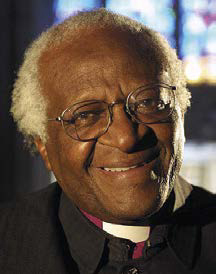
To be neutral in a situation of injustice is to have chosen sides already. It is to support the status quo.
Archbishop Desmond Tutu
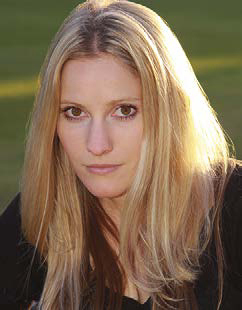
Laura Bates
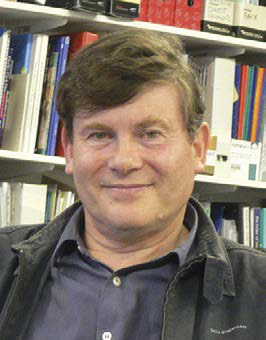
Richard Rieser
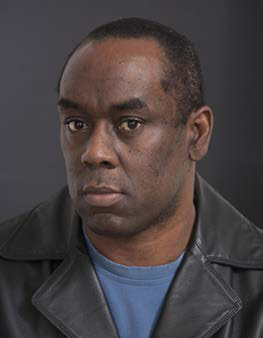
Alex Wheatle
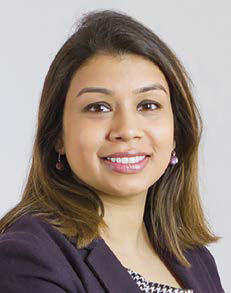
Tulip Siddiq
At the end
On the last two pages, well ask you to reflect on what youve read, and on the discussions youve had while reading the book. Well ask:
Did you change your mind about anything?
What principles and values do you think can best convey your ideas about right and wrong?
What can we do to bring about what we believe is right?
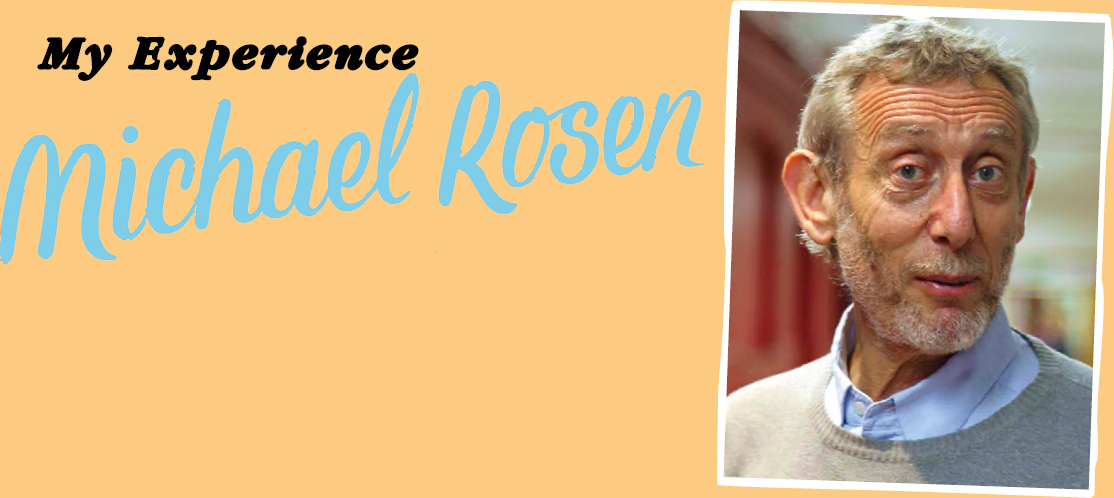
Michael Rosen was born in 1946. Hes a writer for adults and children, a broadcaster, and Professor of Childrens Literature at Goldsmiths, University of London.
 Ideals
Ideals
Every one of us has an idea of what the words right and wrong mean. The ideas about right are sometimes called ideals. This means they are ideas about the best ways to behave, although we may not always be able to live up to them.
We may not be able to write down all our ideas about right and wrong, but we have another way of expressing right and wrong through our actions. Sometimes what we say is right or wrong and what we actually do are different. People call this hypocritical which is itself often described as wrong.
For example, when I was at school, I would have said that bullying is wrong and yet sometimes I teased people in a bullying sort of a way. Then I changed schools, someone teased me, and I hated it. This showed me I had been hypocritical. It showed me that something I had done was wrong and I tried to change. If I heard myself being like that I tried to check myself but it hasnt always worked. This tells me several things about right and wrong: its a complicated mix of ideals and actions; we can learn from experience; its not easy to live up to ideals, but for the sake of equality and fairness, its better to try than not try.
 Where do ideas about right and wrong come from?
Where do ideas about right and wrong come from?
As youre reading this, you could ask yourself, Where do I get my ideas about right and wrong from?
When I ask myself this, I can see that to start off with, the biggest influence on my life was my parents. When they were children, they were very poor but they studied hard and both of them became teachers. They rejected the religion of their grandparents and tried to work out their own universal principles: things like, all people should be equal, people shouldnt exploit each other or discriminate against each other, and people have the right to build this equal world. That was the ideal. The big problem for them was that in countries where some leaders said they were building this new right society, they were exploiting and discriminating all over again!
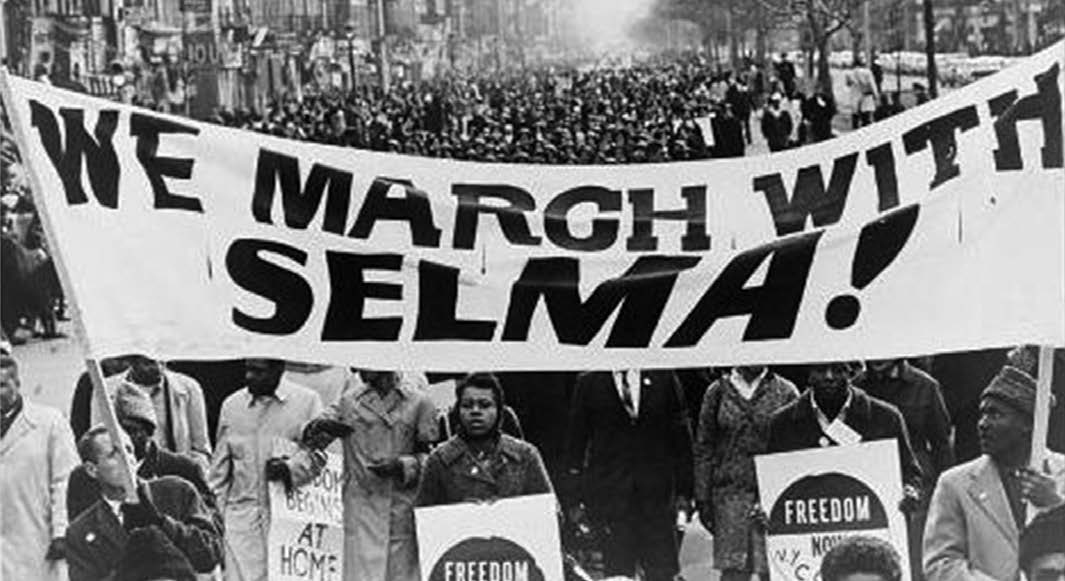

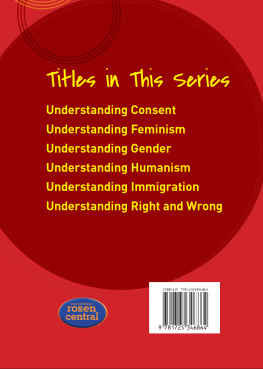
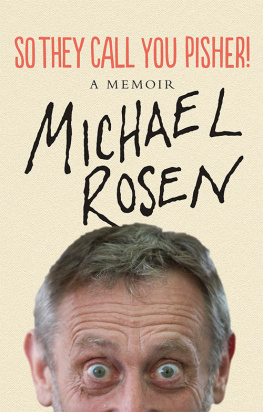
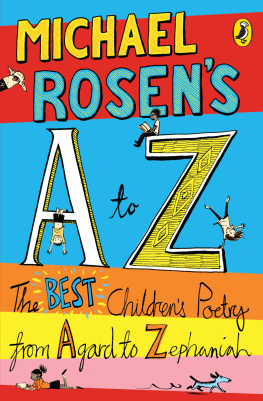
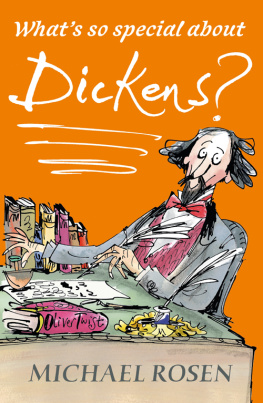
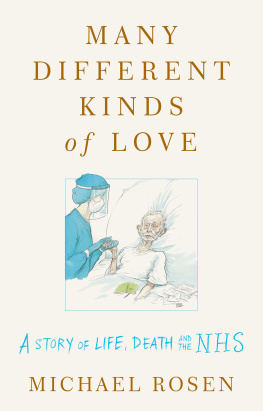
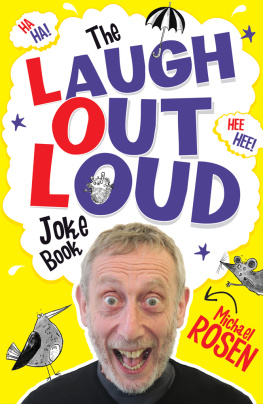

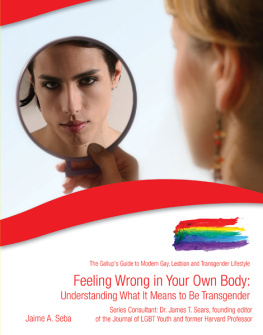
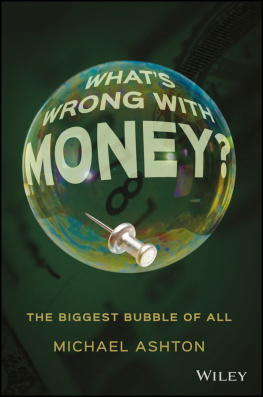
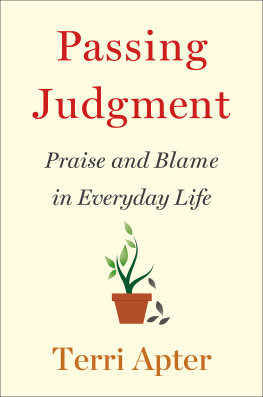
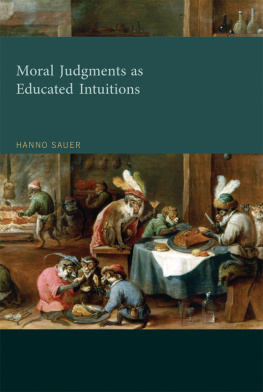
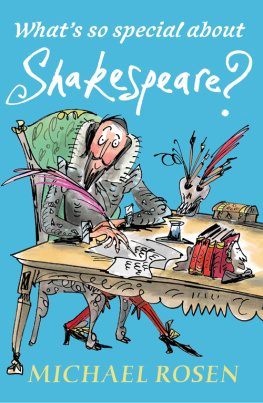
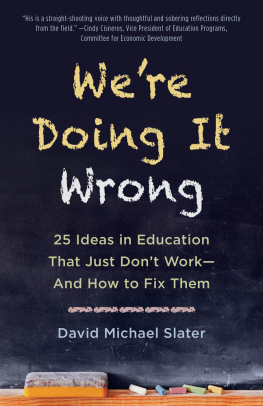
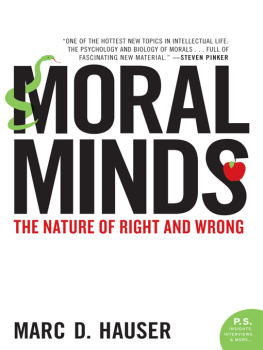








 Ideals
Ideals